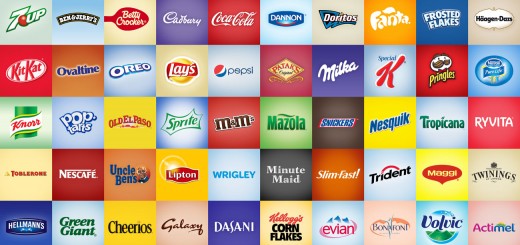Marketing agility: do you measure up?
The emergence of new platforms, multi-screen viewing, real-time advertising and big data (just to mention a few) have profoundly changed the way advertising is seen and consumed.
Media fragmentation has resulted in complex customer journeys and vast quantities of customer data.
The importance of reporting
The key to solving the agile marketing challenge lies in accurate reporting. This assumption was reflected in a recent survey of hundreds of marketers to find out what strategies and techniques they were using to deliver ROI.
41% of marketers surveyed said accurate reporting on all marketing activity was their primary challenge, followed closely by mastering the operational management of marketing systems.
Incidentally, 49% of respondents also stated they were not sure how they currently reward marketing partners such as technology vendors, email service providers and publishers.
The lack of clarity of advertising ROI by channel is a major barrier stopping many marketers from becoming agile.
If it’s not easy to measure a channel’s effectiveness across your entire marketing mix then how can you respond quickly and appropriately?
Tech solutions
Technology solutions that increase transparency into channel activity and enable marketers to easily test and learn create an agile environment.
When asked if they were concerned about Google’s dominance in PPC advertising?’ 39% of marketers answered ‘yes’.
The view is echoed by Sir Martin Sorrell, who in the past has referred to Google as a ‘frenemy’ or ‘froe’. This kind of concern can stem from the inability to determine where the sale should be attributed.
Search generally benefits from the most widely used last-click attribution model. Increased transparency into channel performance will give marketers better insights and the impetus to react faster to counteract any existing channel inflation.
Email, which may have lost some if its lustre as a marketing channel in recent years (according to some at least), was picked by marketers as the single most effective channel for delivering sales.
This view is echoed in Econsultancy’s Email Marketing Industry Census 2013, in which 66% of respondents stated that email delivers an ‘excellent’ or ‘good’ ROI.
Q: How do you rate the following channels in terms of return on investment?

Boden, which describes its customers as “channel agnostic” says email is still an established channel for the brand. It de-dupes some of the click overlap with affiliates by setting rules to pay commission only where email did not appear in the conversion path or appeared after the affiliate click.
According to Boden’s online acquisition manager Oliver Elliott:
It wasn’t really about saving money, it was about optimising spend and performance along paths to conversion.
Big data
A dashboard that enables the easy manipulation of data to show which channel delivers that all important sale or conversion event is one example.
Air New Zealand and Vodafone use a marketing data platform (MDP) which uses customers’ conversion data to link together non-linear customer journeys as well as re-allocate investment to those areas previously undervalued.
MDP works with an advertiser’s existing systems, such as its CRM database, bid-management and order fulfilment systems and allows easy and effective data manipulation. As Chris Allison, Air New Zealand’s online sales manager says, “big data is only valuable if used and executed in the right way”.
Collaborative technology creates agility
Another way in which marketing agility can be achieved is through collaboration between technology solutions. This not only reduces the number of systems marketers have to learn to use but also enables more accurate data gathering and manipulation.
For example, the integration of a tag management system with social media buying technology helps brands to understand a user’s path-to-purchase and allows marketers to follow customer journeys across any social platform to sale.
I use social as an example here because of the importance marketers are now placing on this channel.
The importance of understanding the channel’s value was also shown in our survey with 43% of marketers saying they did not think their social media investments were delivering revenue while 32% said they were not sure.
This shows that, while social can provide marketers with an abundance of customer data and a rich opportunity for effective ad targeting, the reality of acting on this data is not yet being achieved.
Not because the channel cannot provide it, but because of a lack of accurate tracking and reporting.
Agility is not just about finding the right technology
If modern marketers are to optimise their digital spend then they must have the confidence to employ an agile mentality and embrace the technologies which enable them to do so.
Only through this approach can marketers transform into the agile professionals who truly understand the value of their channels and react quickly.


